3 festive foods that'll help you sleep this Christmas (and 4 that'll keep you awake)
Eat, drink and be merry, without wrecking your sleep, with these top food and drink tips from nutrition experts
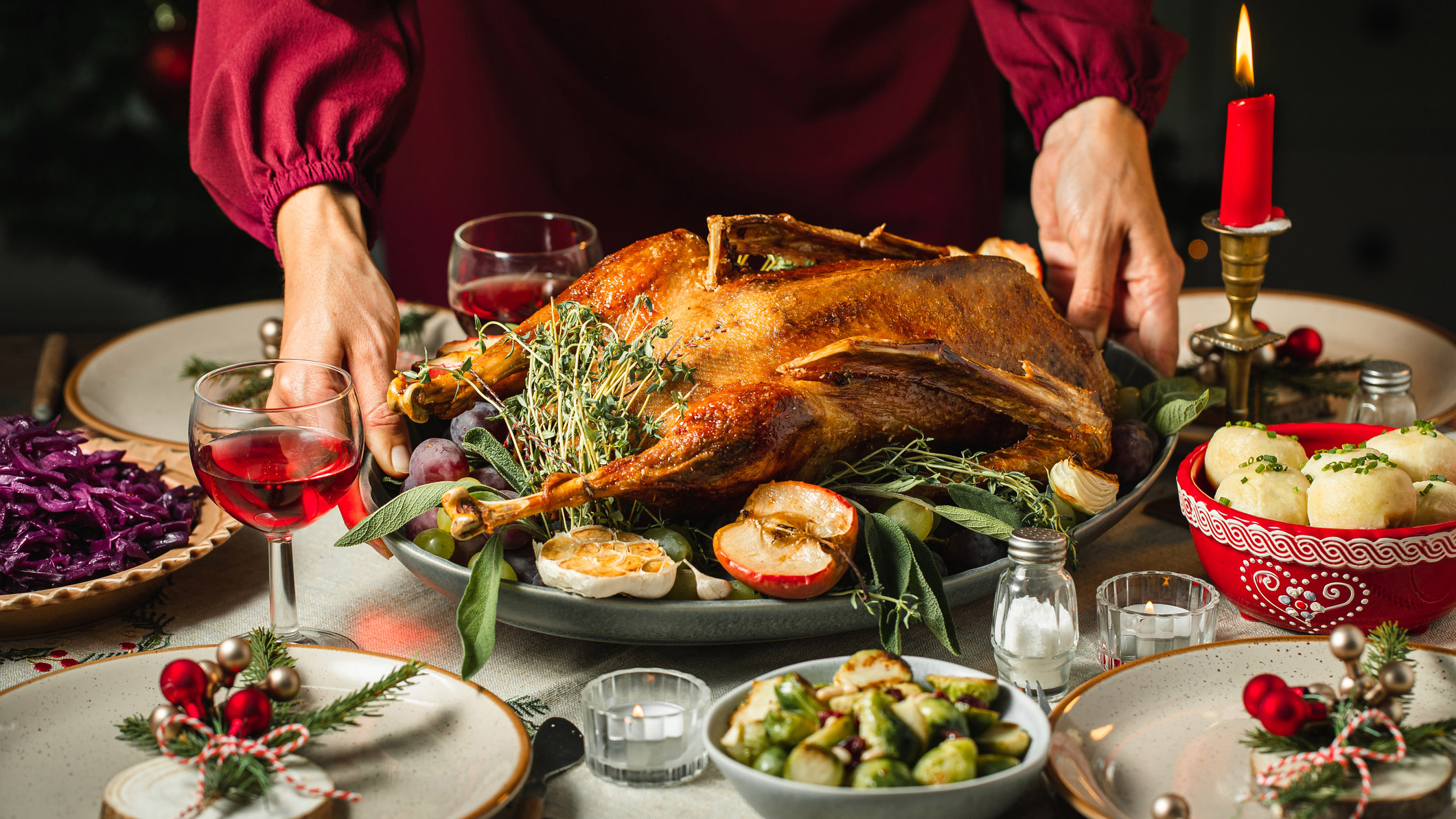
Christmas is nearly upon us, and for most of us that means eating a lot more than usual and doing a lot less. It's hard to avoid over-indulging a little at Christmas, but if you really overdo it, all that rich food and drink and wreak havoc with your sleep patterns, regardless of whether you've invested in the best mattress, and put on a soothing playlist of the best Christmas songs to fall asleep to.
A recent study showed that we lose much more sleep during the festive season than at any other time of the year, and our dietary choices can play a big part in this. Fortunately you can avoid the prospect of staggering back to work in 2024 feeling completely unrested by being a little more careful about what you eat and drink during the festive season.
To help you enjoy a more restful holiday, Mattress Online spoke to nutrition experts Alex Ruani, Chief Science Educator at The Health Sciences Academy, and Anna Mapson, Registered Nutritional Therapist from Goodness Me, for advice on foods that can help you sleep better over the Christmas break, as well as tips on what to avoid. Here's what you need to know.
3 best festive foods for a good night's sleep
1. Roasted veg
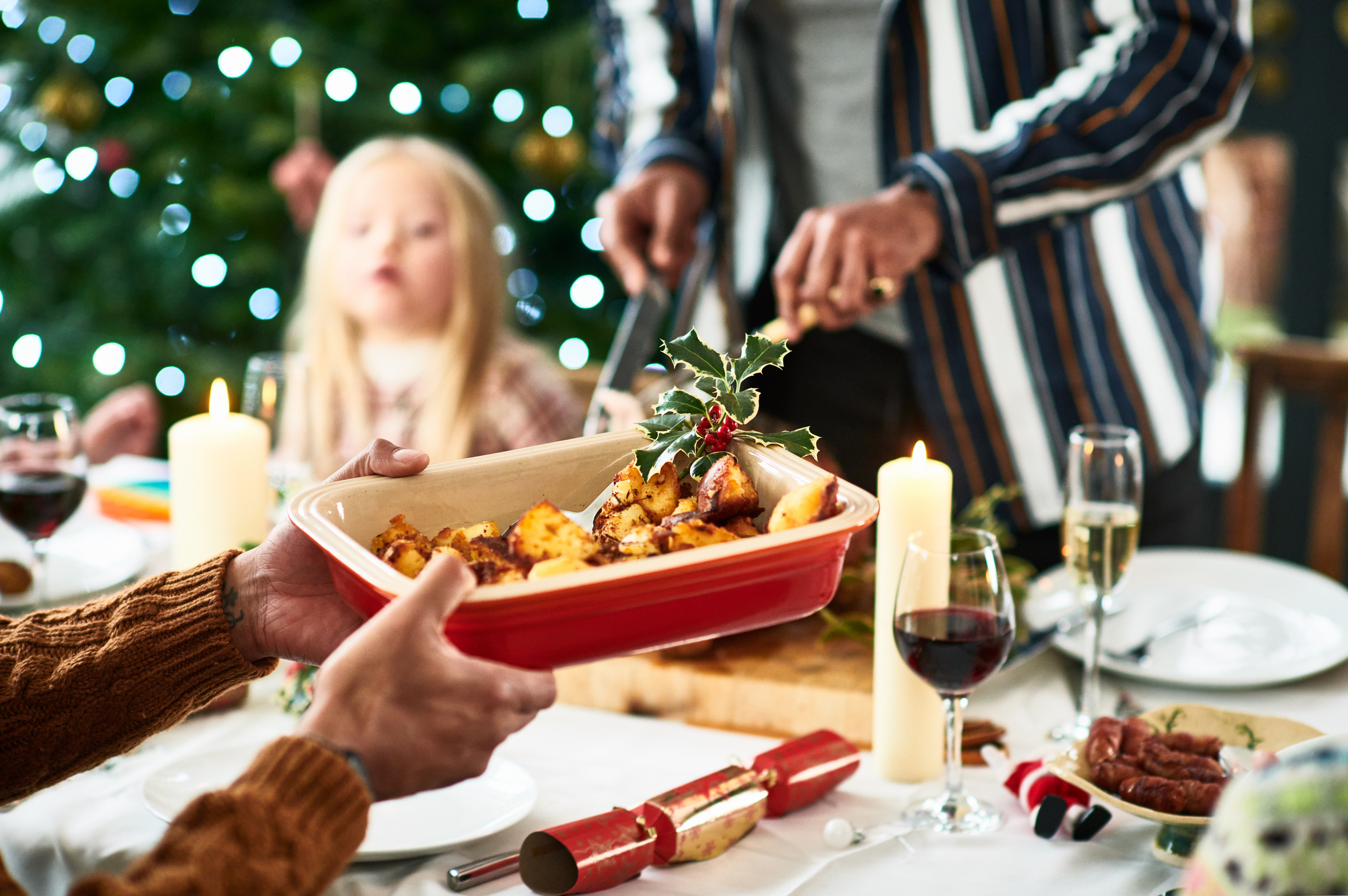
If there's something you're going to get a lot of over Christmas it's carbohydrates, and while they get a bit of a bad rep, they're an important part of our diets and they can also help us sleep better. That's because they help tryptophan (an amino acid that produces melatonin), reach the brain, which in turn increases serotonin production.
Additionally, complex carbs such as roasted vegetables (as well as whole grains and starchy vegetables) will help you avoid the sort of blood sugar spikes that'll stop you getting to sleep at night. So go on, have that second helping of roasties!
2. Turkey
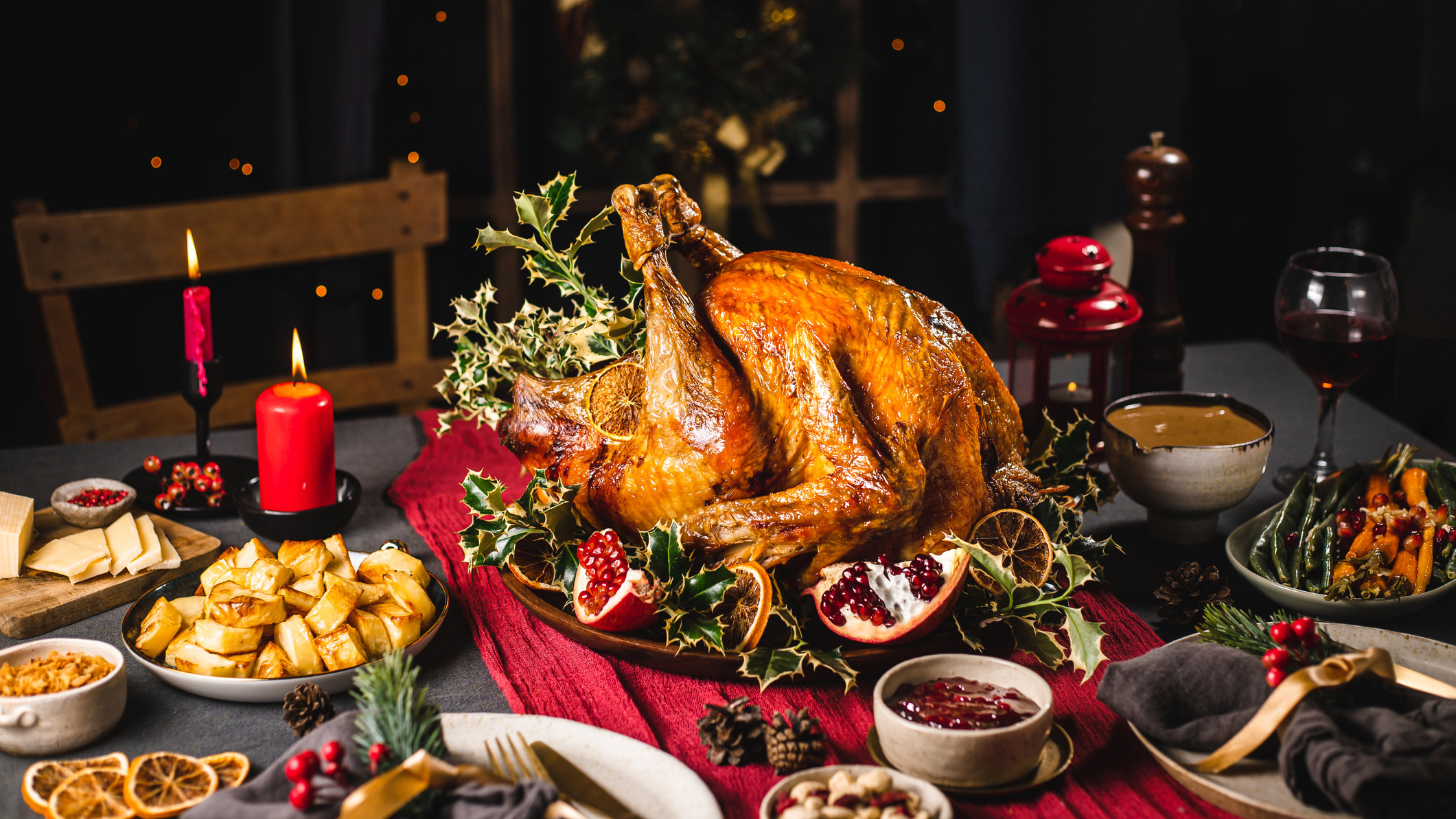
Turkey is an excellent source of vitamin B, which plays a crucial role in brain function and which is involved in the production and use of melatonin and other sleep neurotransmitters. And because even a slight vitamin B deficiency can result in disrupted or lower-quality sleep, making the most of all that Christmas turkey (not to mention Boxing Day leftovers) means you should be in for a much more restful night).
Of course that's not much comfort for vegetarians and vegans; instead you should ensure that you incorporate high-quality protein sources into your festive meals, such as nuts and lentils.
Get daily insight, inspiration and deals in your inbox
Sign up for breaking news, reviews, opinion, top tech deals, and more.
3. Plant-based foods
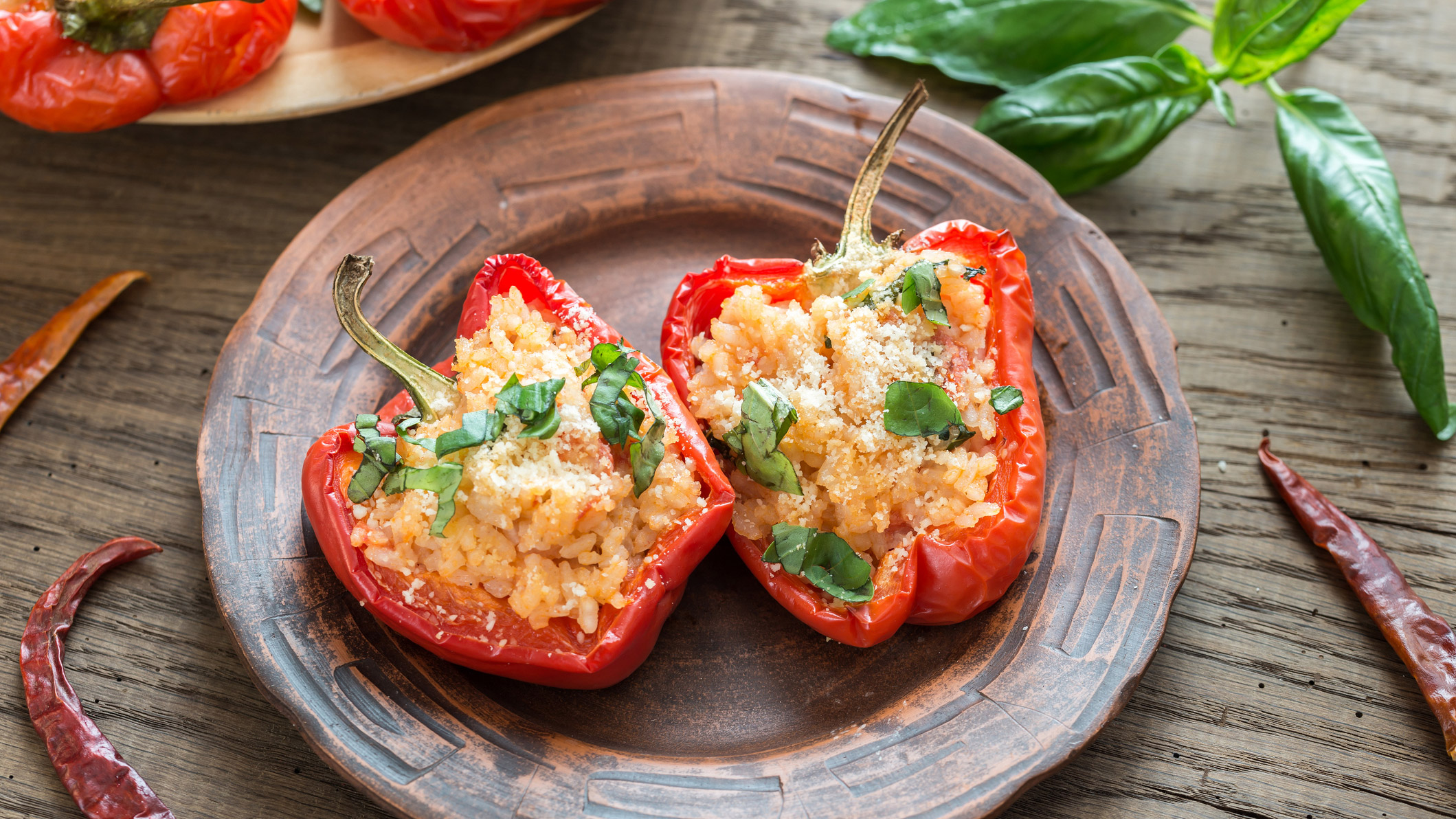
While we're talking vegetable options, it's worth knowing that many plant-based foods are rich sources of melatonin and will help you sleep better. Vegetables (particularly peppers), mushrooms, beans, lentils and some berries (such as sour cherries) are packed with melatonin, so try to incorporate them into your Christmas menu to enjoy a more restful festive season.
4 festive treats that'll keep you up at night
1. Mince pies
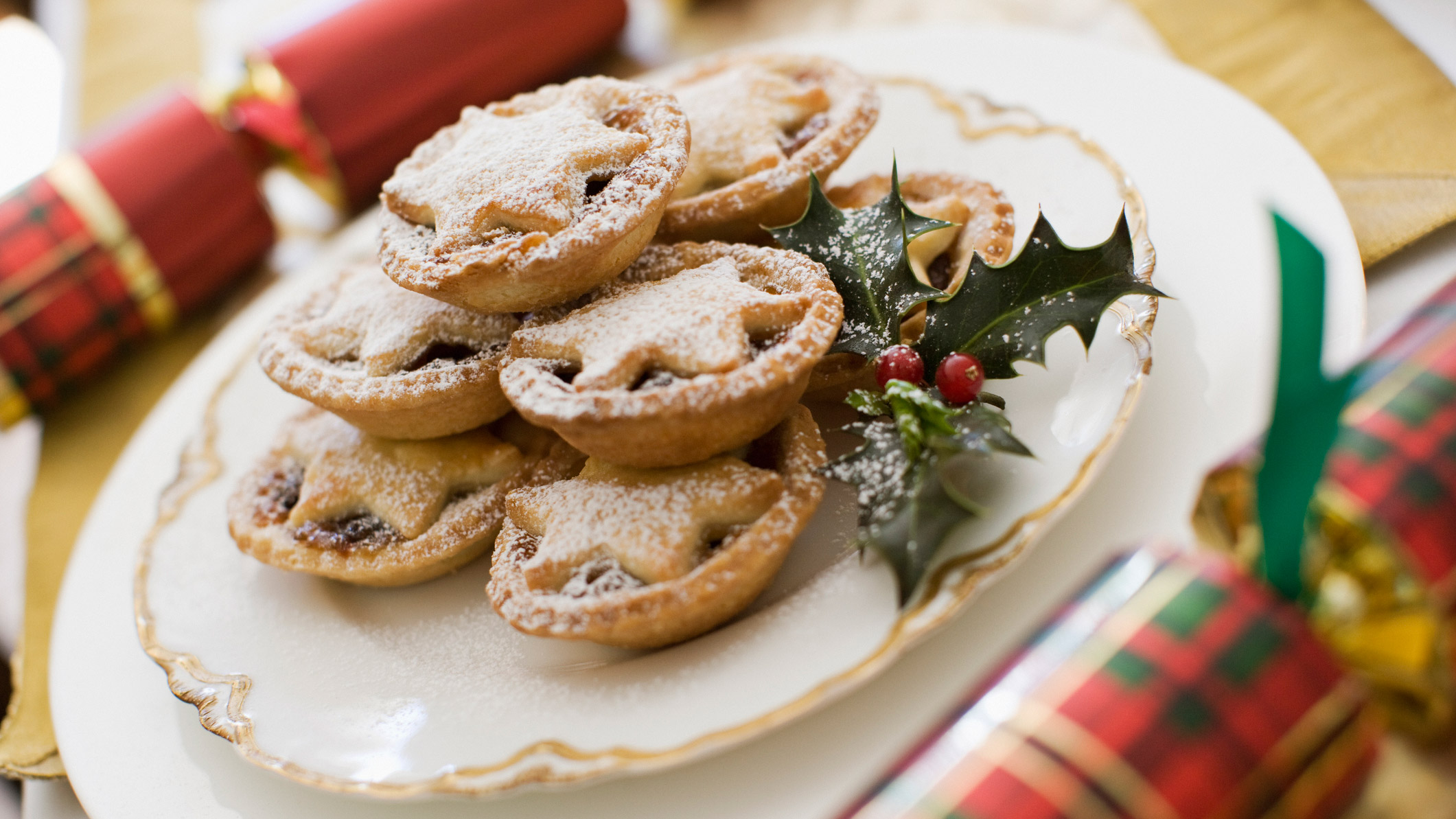
Mince pies might be a delicious Christmas staple, but all that sugar in them means that they can seriously disrupt your sleep; sugar has been linked to disturbed sleep patterns and more restlessness during sleep. The same goes for all those sweets treats that come out in force over the festive season; they can all mess with our blood sugar levels, making it harder to get to sleep.
That doesn't mean you should avoid them altogether; just have them earlier in the day so their effects have worn off by bedtime. And yes, we're definitely advocating mince pies for breakfast here.
2. Clementines
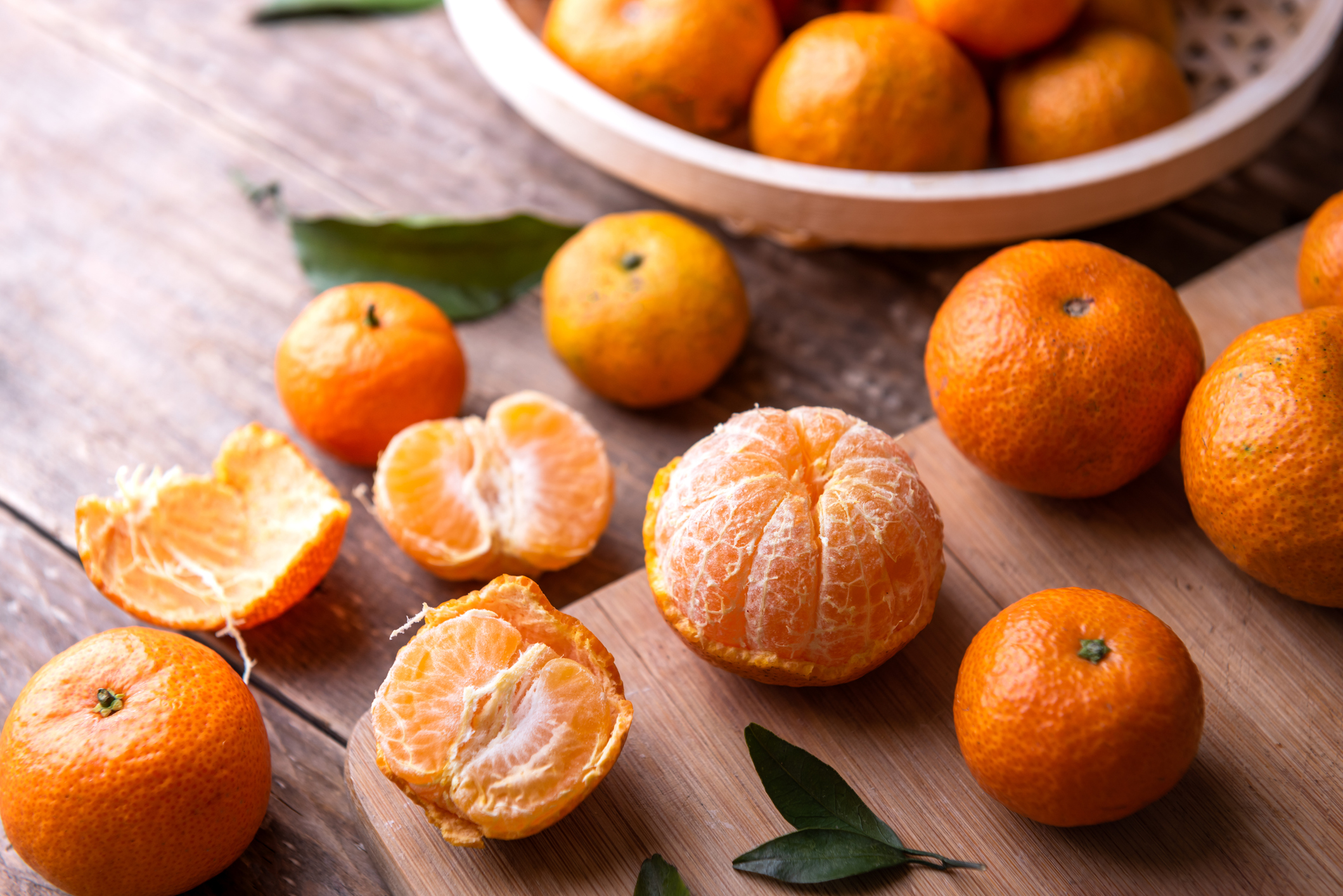
Clementines, satsumas and mandarins are another regular Christmas feature; the fun-sized festive alternatives to an orange. But did you know that citrus fruits can disturb your sleep? That's because they're likely to produce more acid your stomach, resulting in reflux symptoms while you sleep. Again, better to enjoy them earlier in the day; throwing a clementine into your mince pie breakfast will make it that little bit healthier and maybe ward off disapproving looks from relatives.
3. Alcohol
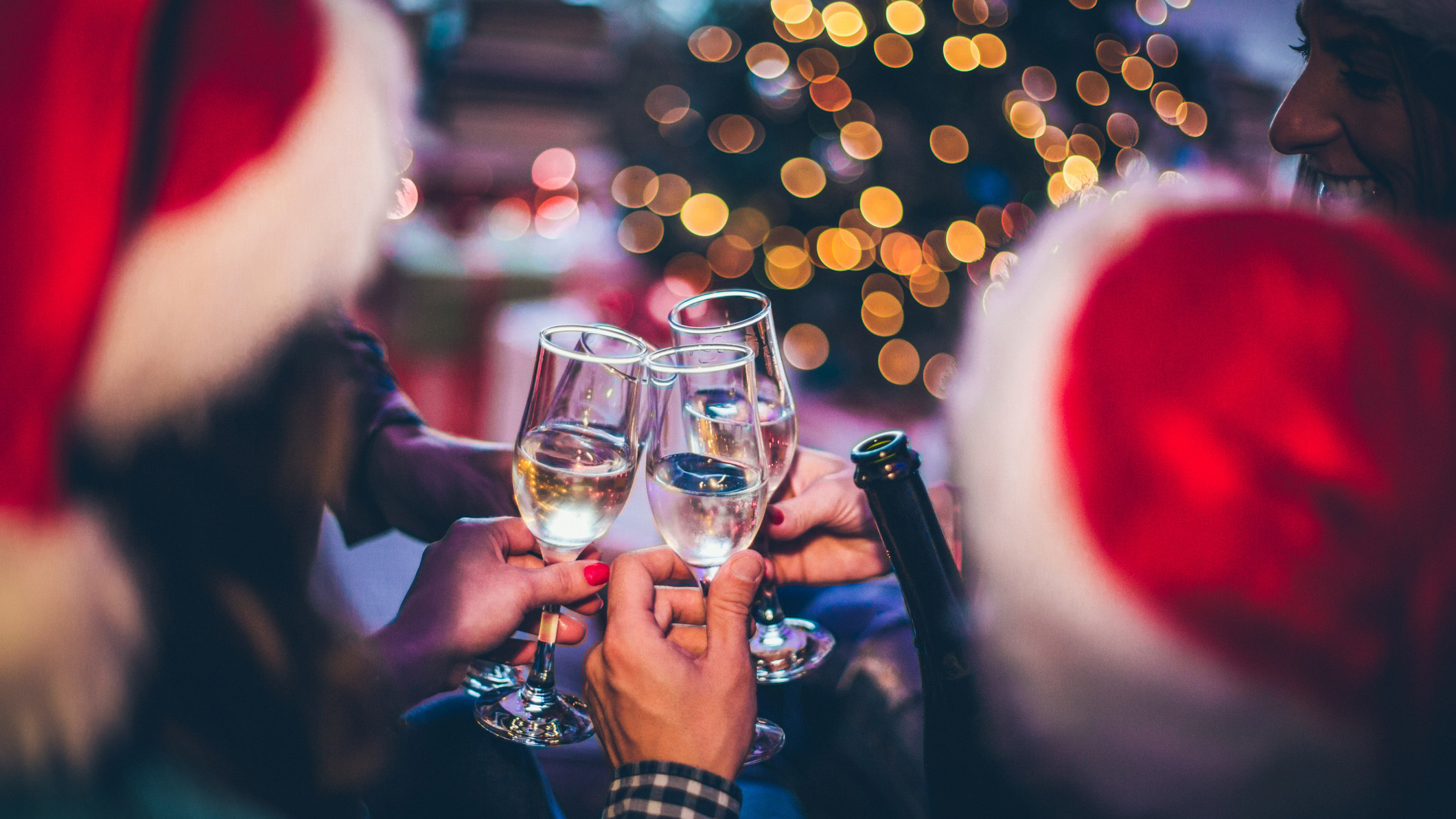
It's hard to avoid alcohol at Christmas, and while it can make us feel sleepy, it doesn't actually translate into restful sleep; it instead leads to hangover effects such as dehydration, headaches, digestive discomfort and tiredness. These in turn can affect your functioning the next day and even disrupt your sleep the next night. So while we're not saying don't have a drink, at least exercise a little moderation.
4. Coffee
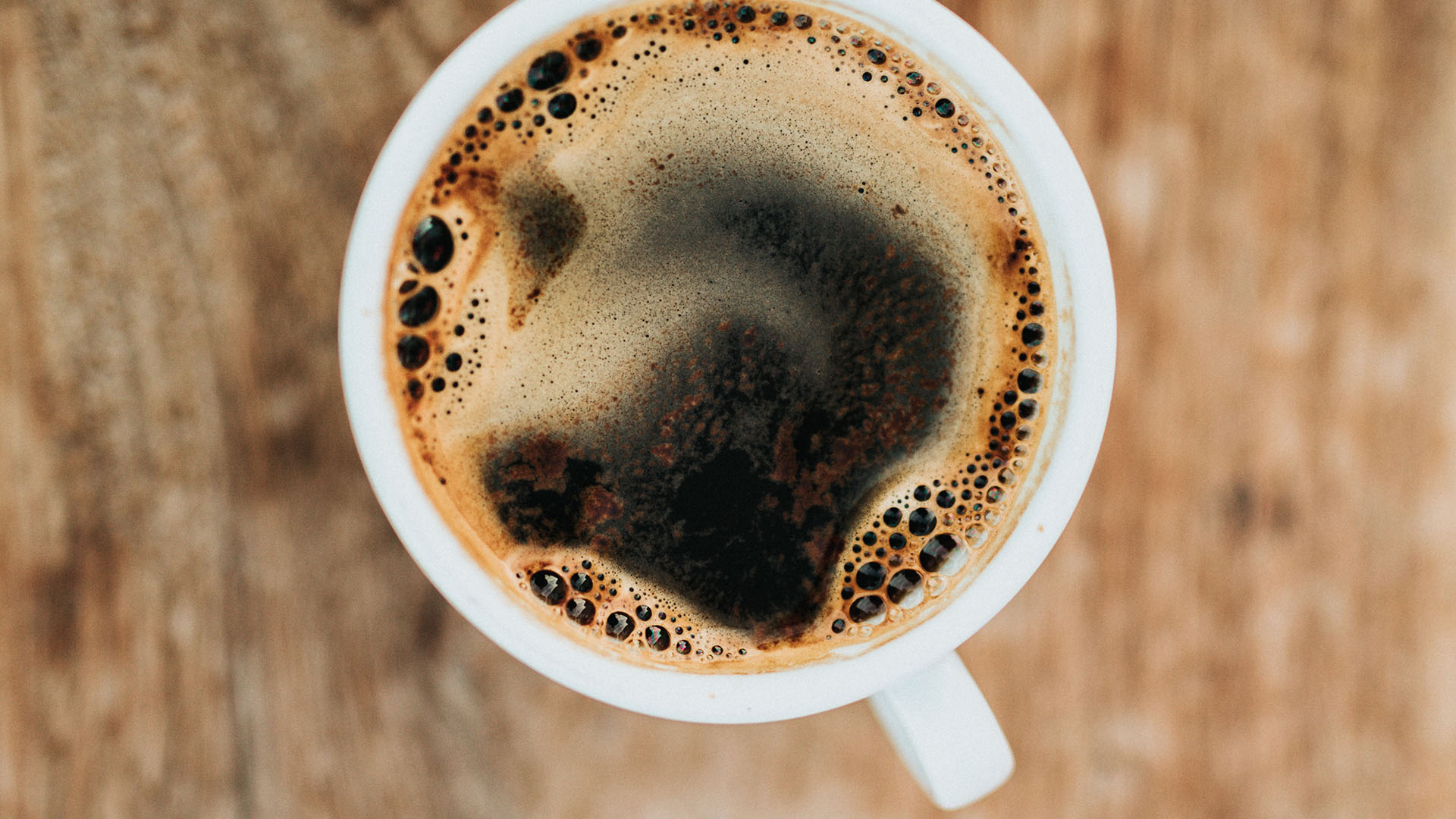
Finishing off your Christmas meal with a fancy gingerbread latte or peppermint cappuccino, or just a simple filter coffee, can be just the thing to perk you up, but you don't need us to tell you that caffeine is a serious sleep disruptor. Even a cup of coffee in the afternoon can interfere with your sleep; research has shown that consuming 400mg of caffeine six hours before bedtime can postpone sleep by as much as one hour.
Bear in mind too that as well as the well-known caffeine sources such as coffee, tea and cola, you'll also find caffeine in dark and milk chocolate and other sweet treats.
A professional writer with over a quarter of a century's experience, Jim has been covering mattress and sleep-related subjects for TechRadar, Tom's Guide and T3 over the past few years, gathering an in-depth knowledge of the workings of the mattress industry along the way. Previously Jim has covered a wide variety of subjects, working widely in the tech and gaming sectors, and more recently covering the design and wellness industries.
